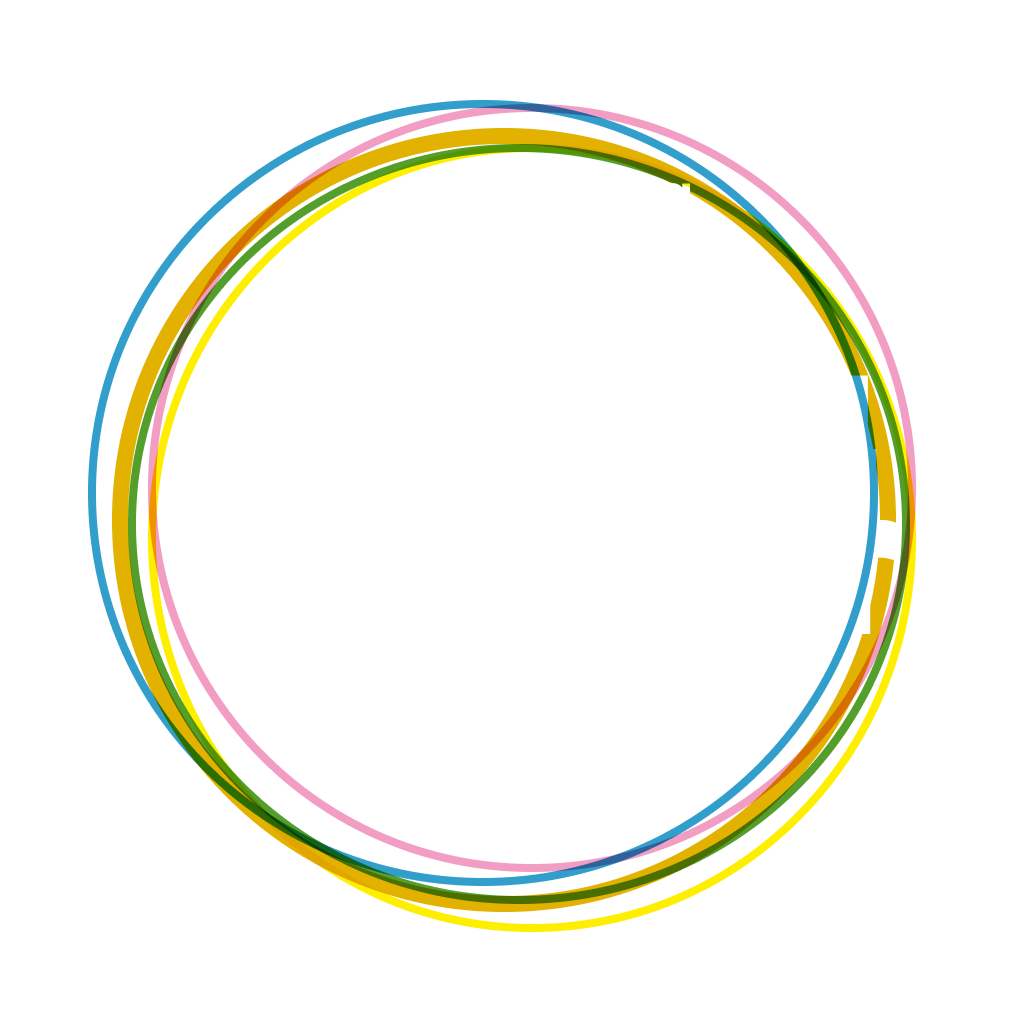3rd Zukunftssalon event in the Seidlvilla: Sustainable construction & living
Yesterday our third event Zukunftssalon Planet Proofed took place in the Seidlvilla in Munich. There were excellent impulses from Maren Kohaus (sustainable architecture GmbH, TU Munich, TH Rosenheim, klimawende.planen e.V.), Cornelia Jacobsen (head of the working group on sustainable district development in the Munich Forum) and Datty Ruth (CEO Smarter Habitat). A very successful mixture of innovative solution concepts and entrepreneurial practice. Ms. Kohaus emphasized the role of architects in solving planetary challenges: 40% of greenhouse gases are produced in the building sector, it causes 60% of waste globally, consumes 40% of energy and drives the sealing of surfaces (over the last 60 years, the settlement/traffic area in Germany more than doubled). At the same time, the building sector forms the basis for a functioning, social coexistence. Ms. Kohaus showed possible solutions in practical architectural projects "circular planning and building" and "building with recyclates". Ms. Jacobsen then carried out the important function of sustainable district development using the example of Munich. Challenges include reducing energy requirements, adapting to climate change, affordable housing, minimizing land use and dealing with vacancies. Important in neighborhood development are: more participation, more variety/mix of uses, more courage (to leave gaps), more green, fewer cars, less energy consumption, more uniqueness, more sharing. Mr. Ruth presented his entrepreneurial approach, which aims to use natural, renewable building materials to produce affordable and sustainable living for the growing global demand. Together with the Fraunhofer Institute and the University of Göttingen, his company develops building materials made of hemp, flax and corn (popcorn for insulation). This not only binds CO2 from the air (rapidly renewable raw materials) but also goes back into the natural cycle (compostable) after use. This year, production capacities will be built up and a license/franchise concept for sales will be set up.
After the inspiring keynote speeches, the panel discussion followed. Central themes were the changing role of architects, the questioning of standards (DIN, etc.) and the use of design freedom: theme of the new building class “E” for experiment to solve the challenges of the future. The growing need for space and space for living was a hot topic. The topic of sharing is an important part of the solution: sharing common areas using the example of common rooms with connected tiny houses or swapping apartments according to life situation (single, family, pensioner). A densification in the inner city area vs. the use of vacancies in rural areas (supported by the home office trend) was also discussed intensively. A lot of potential is seen here with the conversion of existing buildings including the use of sustainable, natural tree materials. One finding is the involvement of property developers as a critical success factor. It is observed that public developers and cooperatives approach new challenges in a much more innovative way than private developers. Perhaps a topic for another future salon.
Note: our next Zukunftssalon will take place on 22.9. in the Seidlvilla in Munich on the subject of sustainable travel.
